Below is a viewpoint from the Foresight Africa 2023 report, which explores top priorities for the region in the coming year. Read the full chapter on climate change.
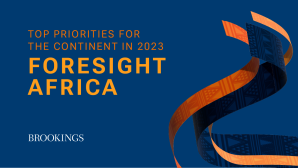 The Blue Economy (BE) consists of economic activities taking place below, on, or adjacent to the ocean, or aquatic systems more generally. These activities include subsistence and commercial fishing, as well as emerging sectors such as renewable energy and blue carbon. The African Union (AU) published the Africa Blue Economy Strategy in 2018 because the continent’s BE could be a generator of jobs and livelihoods for millions of current and future generations. The BE currently generates about $300 billion in economic activities for the continent, supporting nearly 50 million jobs, and these numbers are projected to continue increasing.
The Blue Economy (BE) consists of economic activities taking place below, on, or adjacent to the ocean, or aquatic systems more generally. These activities include subsistence and commercial fishing, as well as emerging sectors such as renewable energy and blue carbon. The African Union (AU) published the Africa Blue Economy Strategy in 2018 because the continent’s BE could be a generator of jobs and livelihoods for millions of current and future generations. The BE currently generates about $300 billion in economic activities for the continent, supporting nearly 50 million jobs, and these numbers are projected to continue increasing.
A significant part of the BE depends on a thriving marine life. For instance, there will be no fisheries without fish and there will be no whale watching without whales. Marine fish stocks and the fisheries they support, as part of the BE, play a vital role in meeting the food and nutritional security of millions of Africans. These fish stocks generate about 10 million tonnes of catch annually—equivalent to about 10 million mature cows in weight. If most of this fish were caught, processed, and consumed on the continent, the fish economy would boost Africa’s GDP by an estimated $50 billion annually, forever. Unfortunately, marine ecosystems are seriously threatened by overfishing, climate change, and marine pollution. The continent’s fisheries are also harmed by the activities of distant water fishing fleets; illegal, unreported, and unregulated (IUU) fishing vessels; and ineffective ocean management.
Marine fish stocks and the fisheries they support, as part of the BE, play a vital role in meeting the food and nutritional security of millions of Africans. These fish stocks generate about 10 million tonnes of catch annually— equivalent to about 10 million mature cows.
As we look ahead to 2023, African leaders need to focus on policy reforms that will help develop an “ecosystem of BE actors” who seek to develop an African BE that is sustainable and inclusive for all who call Africa home. Prerequisites for developing a thriving sustainable BE is having comprehensive knowledge of the natural and human aspects of the BE. This means that the continent and its leaders must invest in science and capacity building to ensure a successful continent-wide BE. Also, Africa needs to join the world in “buying insurance” in the form of protecting 30 percent of its waters by 2030; and supporting the effort of the World Trade Organization to remove and/or redirect harmful subsidies.
Good ideas and plans die at the altar of no finance. Therefore, to achieve AU’s Africa Blue Economy Strategy, Africa’s governments at all levels, private and nongovernmental organizations and the continent’s international supporters have to put their money where their mouth is by investing in a sustainable and inclusive BE. Creating an enabling environment for sustainable ocean finance that prioritizes cost-effective options to guide investments in the BE is crucially needed for Africa’s ocean sustainability and climate change adaptation and mitigation goals. Such policy reforms will help Africa maximize the prospects for development and poverty reduction in a sustainable manner.

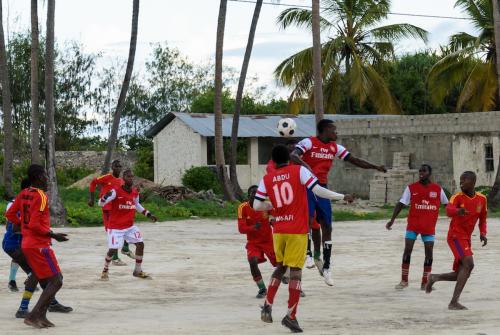
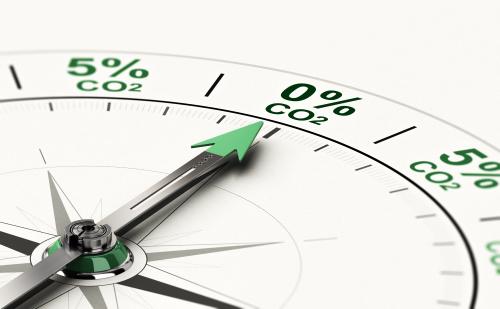
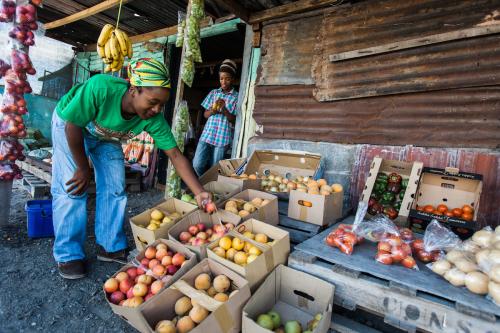

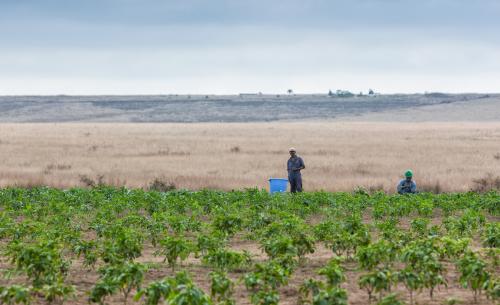
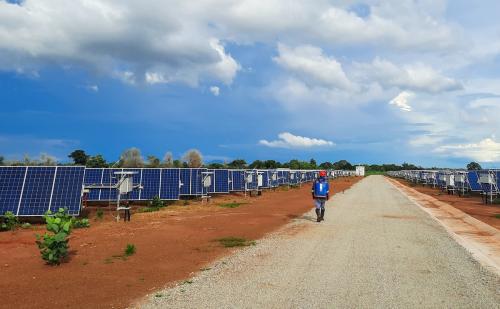
Commentary
Africa’s Blue Economy can continue to deliver huge benefits to the continent
August 8, 2023